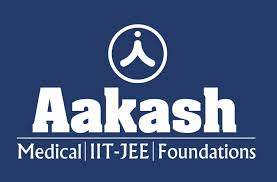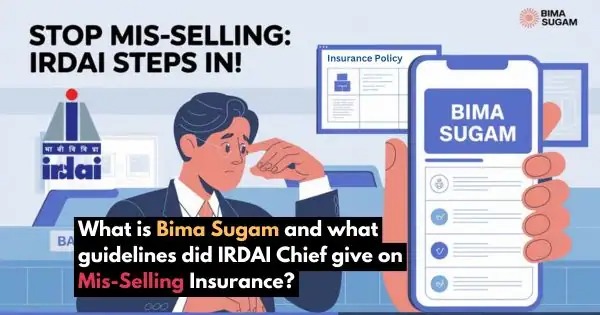S. Talapatra, J.@mdashHeard Mr. R. Datta, learned counsel appearing for the petitioner as well as Mr. P. Datta, learned counsel appearing for the respondent Nos. 1 and 2 and Ms. A.S. Lodh, learned Addl. Govt. Advocate for the respondent Nos. 3 and 4. All these writ petitions are attended by the similar set of facts and an identical question of law and for that reason all these writ petitions are taken up at this stage considering the urgency attached to the subject matter for disposal by a common judgment.
2. Admittedly, the writ petitioners who are the former employees of the respondent No. 1, have retired from service on various dates but their retiral benefits, the gratuity in particular was not paid in terms of section 7(3) of the Payment of Gratuity Act, 1972, which provides that the employer shall arrange to pay the amount of gratuity within thirty days from the date it becomes payable to the person to whom the gratuity is payable.
3. The gratuity is indisputably payable on the day of retirement of an employee, but in these cases such amount was not paid on the day of retirement. However, section 7(3A) of the Payment of Gratuity Act, 1972 provides the penal interest in the following terms:
(3A). If the amount of gratuity payable under sub-section (3) is not paid by the employer within the period specified in sub-section (3) the employer shall pay, from the date on which the gratuity becomes payable to the date on which it is paid, simple interest at such rate, not exceeding the rate notified by the Central Government from time to time for repayment of long term deposits, as that Government may, by notification specify:
Provided that no such interest shall be payable if the delay in the payment is due to the fault of the employee and the employer has obtained permission in writing from the Controlling Authority for the delayed payment on this ground.
4. Mr. R. Datta, learned counsel appearing for the petitioners in all these writ petition stated that the delay in the payment occurred for the fault entirely attributable to the employer.
5. From the other side, Mr. P. Datta, learned counsel appearing for the respondent Nos. 1 and 2 submitted by virtue of the counter affidavit filed in W.P. (C) No. 281/2012 that since the Government in the concerned Department, the Transport Department, did not release the fund, the gratuity could not be paid in time. He has referred the communication addressed to the Joint Secretary to the Govt. of. Tripura, Transport Department dated 30.6.2010 and 18.10.2010 (Annexures A and B respectively to the counter-affidavit). From a bare reading of those communications it appears that the respondent Corporation had been facing serious stringency of the fund and it has been further stated in the counter affidavit that the respondent Nos. 3 and 4 as did not release the fund in time, the Corporation respondent could make payment of gratuity in time.
6. Be that as it may, such hardship or stringency would not absolve the Corporation respondent from its liability as saddled by the law. The apex court held consistently that hardship is no ground for depriving an employee from his legitimate due.
7. Ms. A.S. Lodh, learned Addl. Govt. Advocate appearing for the respondent Nos. 3 and 4 prayed for time for filing the counter-affidavit, but when this court refused to accommodate, Ms. Lodh, learned Addl. Govt. Advocate for the state produced a written instruction, wherefrom it is availed that:
So, the question of illegal dragging for prolonged period in payment of gratuity on behalf of Respondent Nos. 3 and 4 does not arise. Though sanction of gratuity has been made by Finance Deptt. on regular basis, one time full grant could not be given due to non-availability of fund. So, the retired employees placed in the later SI. No. of the list could get their gratuity amount sanctioned at some delayed time. On sanction of the Gratuity by the Finance Deptt., Transport Deptt. Immediately placed the amount at the disposal of the TRTC for payment of the same to the retired employees.
From this written instruction, it is clear that for non-release of the fund by the respondent Nos. 3 and 4 at some point of time, the Corporation-respondent could not pay the gratuity in due course.
8. Situated thus, this court has no other alternative but to direct the respondent No. 1, Tripura Road Transport Corporation and the respondent No. 2, the Managing Director/General Manager, TRTC to pay with interest @ 8% per annum on the gratuity from the date of retirement of the writ petitioners till the date of payment of the gratuity within a period of 4 (four) months from today else the said interest would enhance to 8% per annum. With this observation and direction all these writ petitions stand allowed and accordingly disposed of. There shall be no order as to costs in the fact and circumstances of the case.
A copy of this order be furnished to Mr. P. Datta, learned counsel for the respondent Nos. 1 and 2 for doing the needful.

